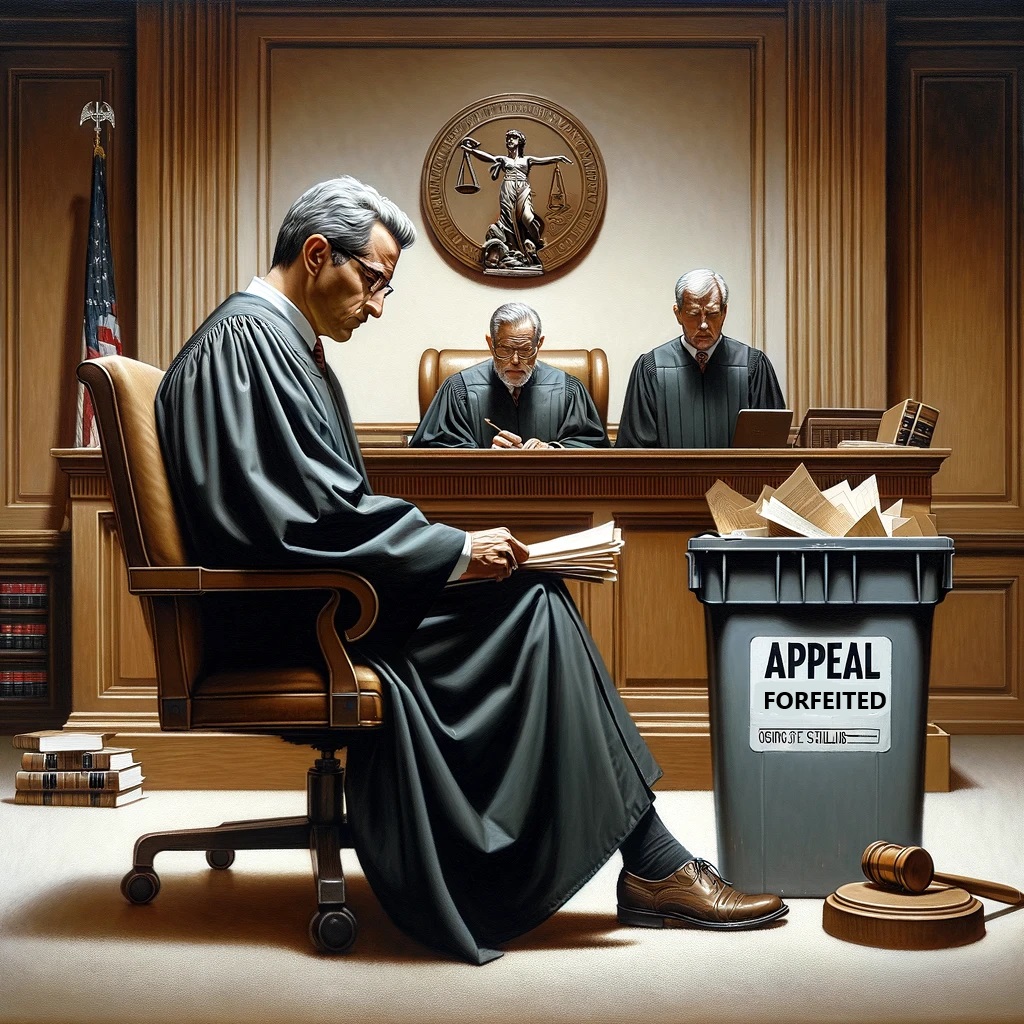
After entering a visitation order for great-grandparents, the court entered another order modifying it. The mother appealed from the modification. The court in Rodriguez v. Rodriguez (D5 Feb. 9, 2024 No. F086277) [nonpub. opn.] held that, yes, the modification was appealable, but the issues the mother was challenging were in the first order. And the mother did not appeal from the first order, so the challenge failed.
The paternal great-grandparents had been a significant part of the kid’s life. So the court entered a first order, adopting a mediation agreement giving them visitation rights.
A second agreement came along about six months later. The mother requested a modification and raised a standing challenge based on the 14th Amendment, arguing that the great-grandparents were a step-relation with no biological relation. The court modified the visitation order but rejected the 14th Amendment challenge.
A third agreement came after about another six months, with further clarification on the visitation rights.
The mother timely appealed from the third order. But the mother tried to raise the 14th Amendment issues again.
The Rodriguez court first noted a fundamental premise of appellate law that "an appellate court may not review a decision or order from which an appeal could previously have been taken." (In re Marriage of Rifkin & Carty (2015) 234 Cal.App.4th 1339, 1347, 184 Cal. Rptr. 3d 783 (Rifkin); see Dakota Payphone, LLC v. Alvarez (2011) 192 Cal.App.4th 493, 509, 121 Cal. Rptr. 3d 435 (Dakota Payphone); Sole Energy Co. v. Petrominerals Corp. (2005) 128 Cal.App.4th 212, 239, 26 Cal. Rptr. 3d 798 (Sole Energy).) Therefore, "'"'[i]f a judgment or order is appealable, an aggrieved party must file a timely appeal or forever lose the opportunity to obtain appellate relief.'"'" (Reyes v. Kruger (2020) 55 Cal.App.5th 58, 67, 269 Cal. Rptr. 3d 549 (Reyes).)
Here, the first order establishing visitation rights—and deciding the 14th Amendment issues—was effectively a judgment. So it was appealable.
The second and third orders were also appealable, but as post-judgment orders under Code of Civil Procedure section 904.1, subdivision (a)(2). To be appealable as a postjudgment order, the order following a judgment must satisfy two additional requirements: (1) the issues must be different from those in the judgment; and (2) the order must either affect the judgment or relate to it by enforcing it or staying its execution. (See Lakin, at pp. 651-652; Marriage of Deal, at p. 78.)
Here, the second and third orders were appealable as postjudgment orders. But the mother wanted the court to review the issue of standing, which involved her 14th Amendment argument. And that argument was decided in the first order. Now, it was too late: “The fact that Appellant did not appeal the family court's rejection of her statutory standing and Fourteenth Amendment arguments at her first opportunity to do so, but instead waited to raise them through an appeal of the May 2023 order, prevents her from raising these issues in this appeal. [Citations.]”
I would say that it is obvious that you cannot challenge a judgment just by appealing a posttrial order. But the Court of Appeal let the appellant get away with it in Pelter v. 1-800-Get-Thin, Inc. (D2d1 May 11, 2022 no. B307771) 2022 WL 1485533 (nonpub. opn.), which I wrote up here, where an appeal from a cost order was held enough for the appellant to challenge the judgment filed a whole 10 months earlier. So while the mother’s appeal violated appellate procedure, it is hard to conclude that it wasn’t worth a shot.